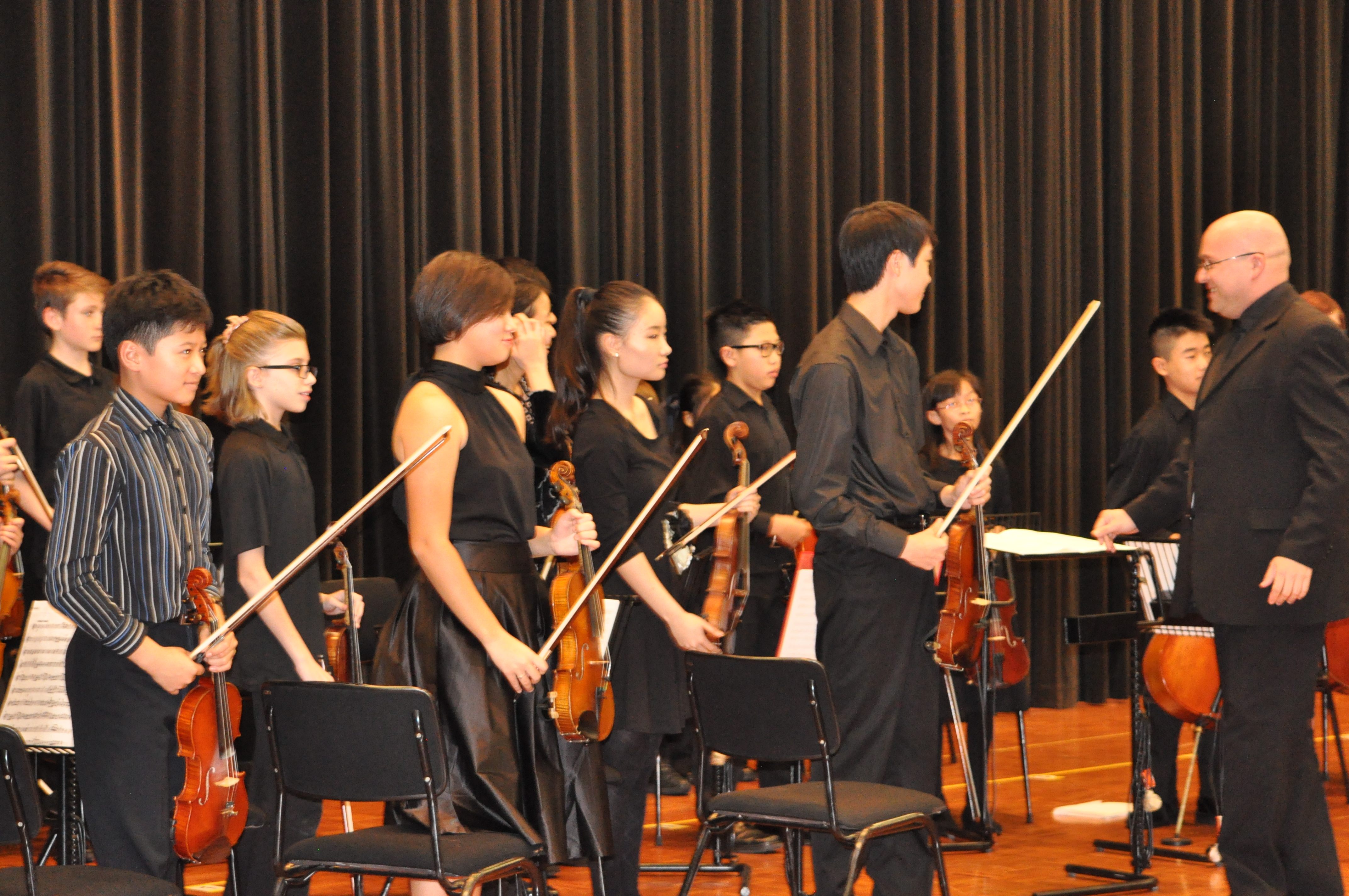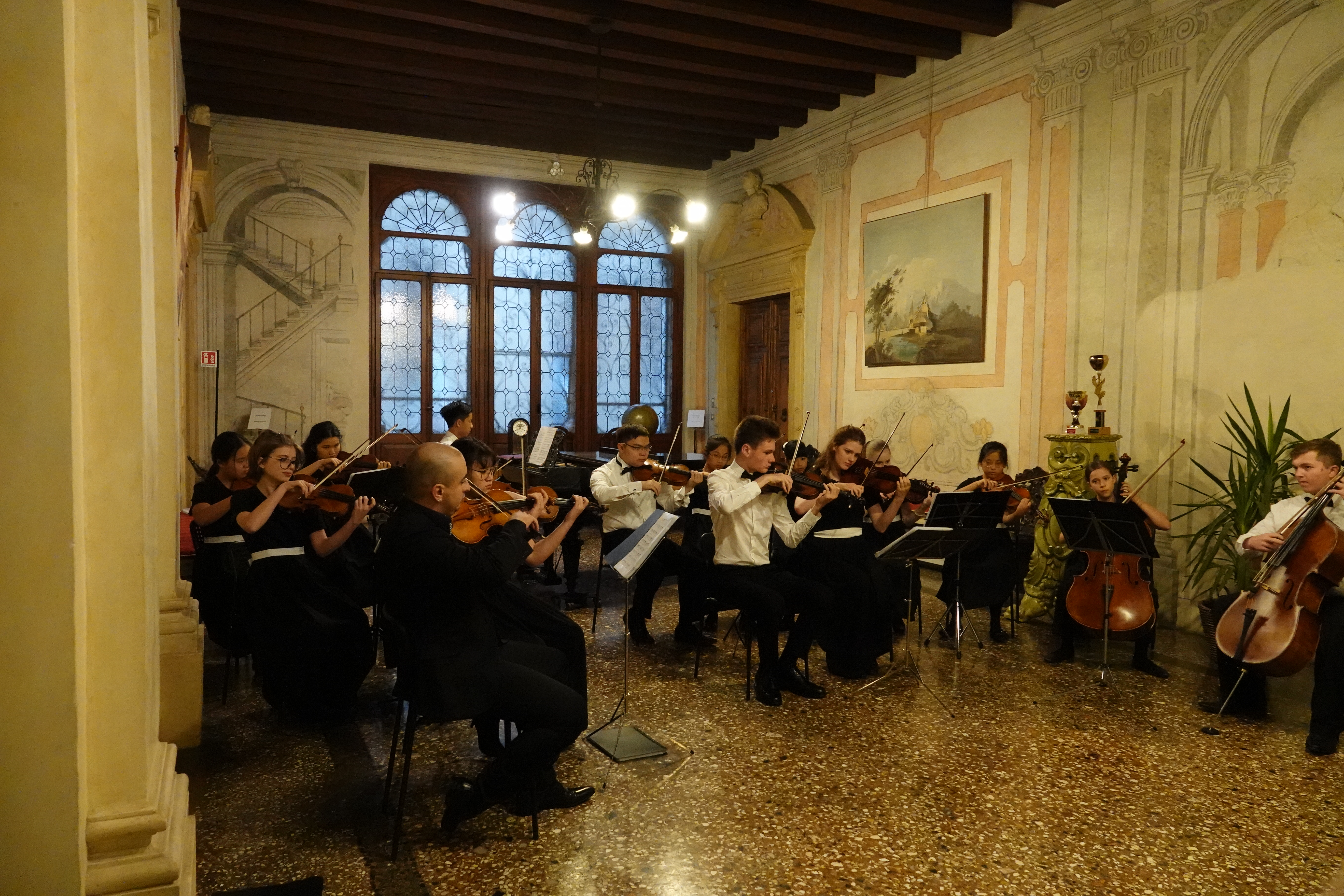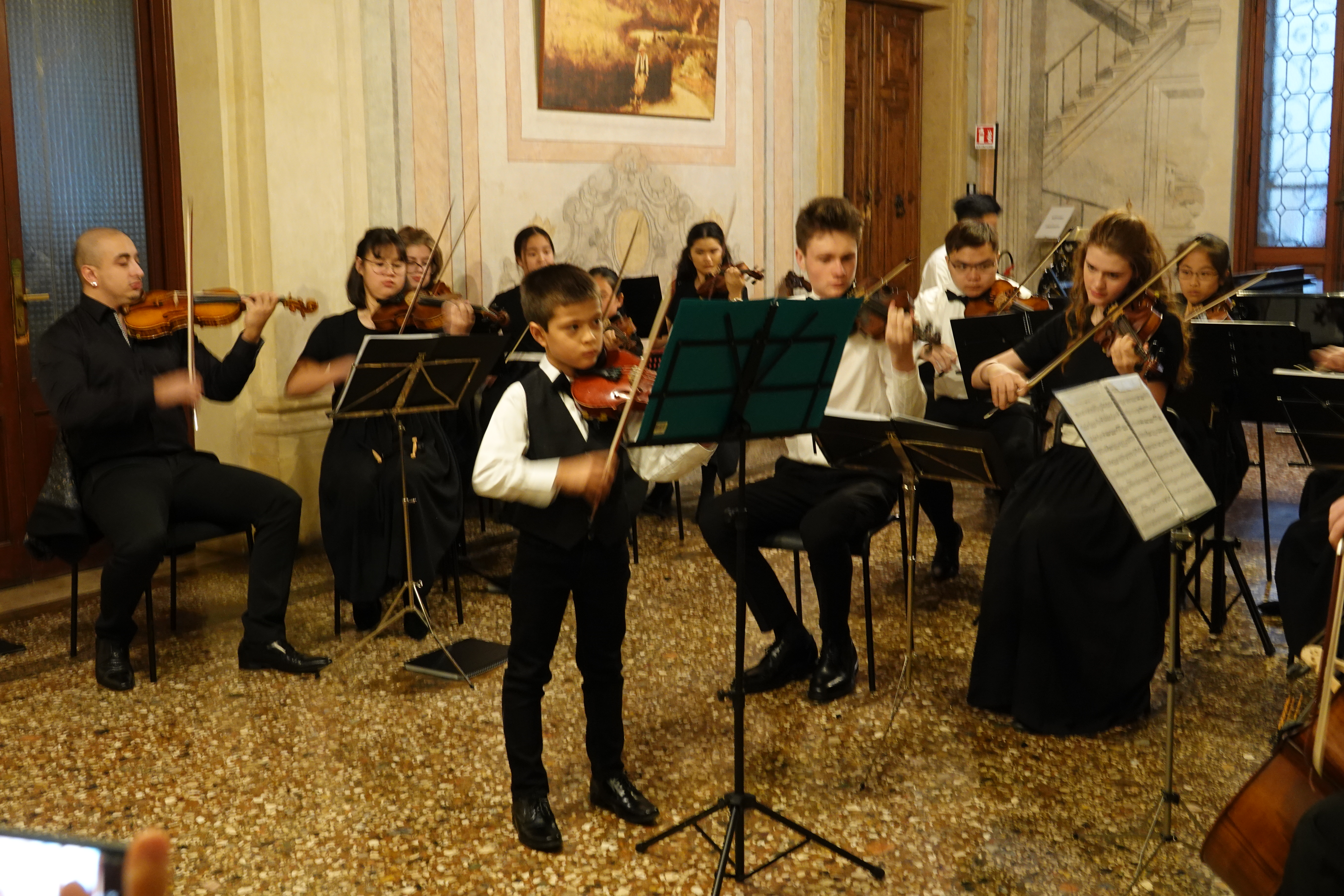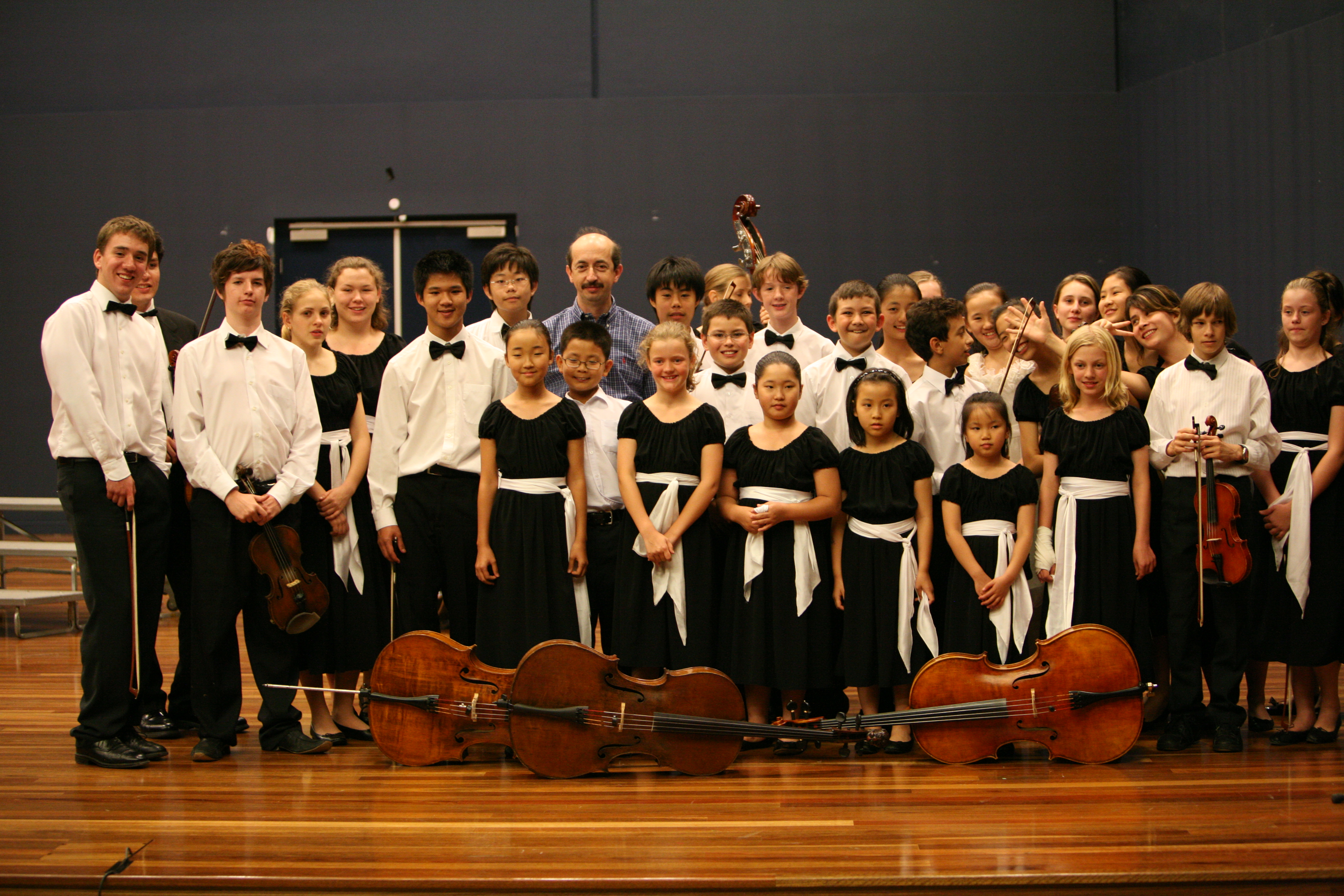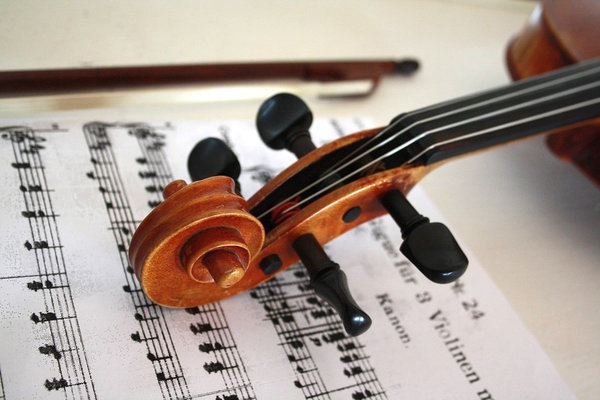Instrumental and ensemble playing offer numerous benefits for children:
1. Fine motor skills: Learning to play an instrument requires precise finger movements, hand-eye coordination, and control of fine motor skills. Regular practice can improve dexterity and fine motor skills, which can have positive effects on other activities that require manual control.
2. Cognitive development: Playing an instrument engages multiple areas of the brain simultaneously. It requires reading sheet music, interpreting symbols, and translating them into physical actions. This boosts cognitive abilities such as memory, attention, problem-solving, and pattern recognition.
3. Discipline and perseverance: Learning to play an instrument takes time, effort, and consistent practice. It teaches children discipline, perseverance, and the value of hard work. Regular practice sessions instill a sense of commitment and dedication.
4. Self-expression and creativity: Instrumental playing allows children to express themselves creatively. They can interpret music, add their own style, and infuse emotions into their performances. This encourages individuality, self-expression, and the development of a unique musical voice.
5. Teamwork and collaboration: Ensemble playing involves working with other musicians to create a cohesive musical performance. Children learn to listen, cooperate, and collaborate with others, developing important teamwork and social skills.
6. Communication and listening skills: Playing in an ensemble requires active listening and communication with other musicians. Children learn to listen attentively, adjust their playing based on cues from others, and contribute to the overall musical expression. This enhances their listening skills and ability to communicate effectively in a group setting.
7. Confidence and self-esteem: Mastering an instrument and performing in front of others can boost a child’s self-confidence and self-esteem. The positive feedback and validation received from performing well can have a significant impact on their self-perception and overall confidence.
8. Emotional well-being: Playing an instrument and participating in ensemble music-making can have a positive impact on a child’s emotional well-being. Music has the power to evoke emotions and provide an outlet for self-expression, which can help children cope with and manage their emotions.
9. Cultural appreciation: Learning to play an instrument exposes children to different musical styles, genres, and cultural traditions. They develop an appreciation for diverse forms of music, fostering cultural understanding and empathy.
10. Lifelong enjoyment: Learning to play an instrument and participating in ensemble playing can cultivate a lifelong love and enjoyment of music. It provides children with a fulfilling and enriching hobby that they can continue to pursue throughout their lives.
